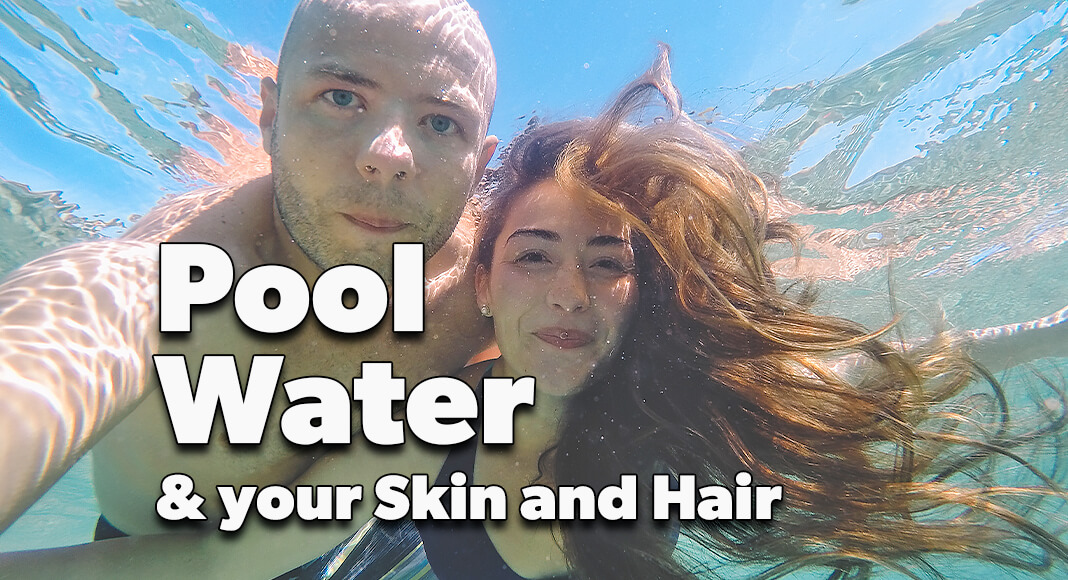
Mega Doctor News
CLEVELAND CLINIC – If you notice your hair or skin tends to feel drier after swimming at the pool, chlorine from the water is likely to blame.
“Chlorine is a great product for your pool because it helps disinfect it, it keeps bacterial counts down, it keeps it looking, clear and better for when you swim in it and keeping it more sanitary,” said Jennifer Lucas, MD, dermatologist for Cleveland Clinic. “The problem is that it’s also very drying, and so the biggest thing with your hair and your skin is that they’re going to get dried out from going into the pool.”
Dr. Lucas said that dryness can also cause irritant contact dermatitis, which is a type of rash on the skin.
As for your hair, chlorine can strip it of natural oils, making it more brittle. The same goes for your nails.
Your eyes can get irritated from the chlorine, too.
So, what can you do to help with these kinds of issues?
Dr. Lucas suggests getting your hair and skin wet before going in the water; this way they won’t absorb as much of the chemical.
You could also use a protective hair mask, which is like a leave-in conditioner.
Swimming caps and goggles are another option.
Finally, when you’re done, it’s important to take a shower right away.
“All that chlorine is on you, you don’t want it to sit and continue to cause irritation. You want to get in, take a shower, use a gentle cleanser to get that pool water off of you,” she advised. “And then moisturizing is really important. All of that oil you’ve just stripped off your skin, you want to put it back on. So, especially with products that have ceramides in them or alpha-hydroxy acids. These are good products to put back on your skin to minimize the irritation and the dryness.”
And don’t forget to apply plenty of sunscreen before you go swimming.
Dr. Lucas said not only will that protect your skin from the sun, but it can help keep it moisturized and act as a barrier against the chlorine.










